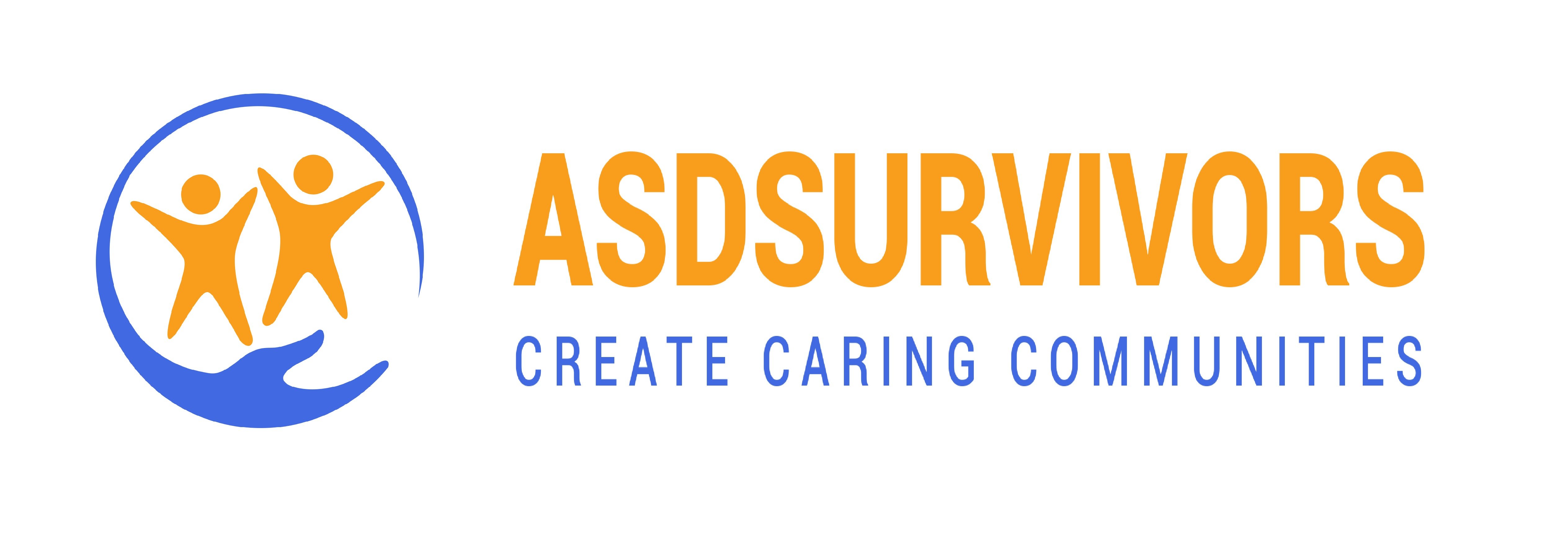TIPS FOR PARENTS OF AUTISTIC KIDS

The following tips for parents of autistic kids are the compilation of tips by asdsurvivors.com community. We plan to update the list every 6 months. You can contribute by sharing your message through the comments section.
How should we approach the situation when we learn that our child has autism?. As every kid on the spectrum is unique, the response to treatment varies with each kid.
For every parent, knowing that their child has ASD is a life-changing moment. Suddenly the world turns upside down. We question ourselves, try to find answers and it’s all confusion and chaos. Luckily, we are living in an age, when research on ASD is happening at a hectic pace, we are seeing successful results in treatments and most importantly there is a lot of information and communities to help us. The treatment for Autism is a long-term process, which involves therapy, medicine, and of course, the child gets better with age. (Note: Unless he has an intellectual disability).
1.Stay away from rumors and misconceptions
When a child is diagnosed with Autism, parents are genuinely shocked and it takes few weeks for them to fully embrace the situation, which is to move from the confused to a battle-readiness state. There are many misconceptions about reasons for Autism that affects parents’ ability to take decisions which are:
Autism is due to bad parenting;
Many believe that bad parenting is the cause of Autism. This is especially true in conservative cultures (mostly developing countries) where people are reluctant to acknowledge that it is genetic. Rather they attribute it to parenting skills. This places a pang of heavy guilt on the parents. Your parenting skills have nothing to do with autism. Human babies are conditioned to learn by observing the environment and this quality is a function of their brain. Autism is a neurological disorder and not due to parenting.
Autism is due to your child being looked after by a caregiver or nanny:
Another favorite person to blame the kids being autistic is nannies or maids. While there is a possibility that children whose both parents are working may have less quality time with parents and can get habituated to excessive watching of Television, it is never a cause for Autism. Excessive screen time may lead to delay in language development but the neurotypical child will overcome it naturally.
Autism is due to vaccines:
I want to highlight this because the propaganda against vaccines is so powerful that even I thought of deferring vaccines for my child. The anti-vaccine lobby is so strong that they are able to influence people into avoiding vaccines. The result is that many diseases like measles and diphtheria which were eradicated have come back. Do we really want to put our children at great risk for an argument that cannot offer any proof? Its been falsely communicated that vaccines especially the MMR vaccine are the cause of autism. The developmental delays are noticed between 12 to 24 months and this is a period when you give the MMR vaccine. That’s the reason why parents attribute the symptoms to the vaccine because that is the only event they can correlate. And they are oblivious to the changes happening in a child’s brain. Most interesting is that after decades of campaigning, anti-vaccine preachers have not been able to carry out any study or bring out any results that could stand the scrutiny of science. There is a lot of talk on Mercury and aluminum in the vaccines but these also have been disproved and you can find more about this in the following links.
Please click the link to access the reports by U.S. Department of Health & Human Services and by Autism Speaks
2.Treatment Options
It’s much easier to help your child if you understand autism. Your child is like any normal child, but he lacks social and communication skills and he indulges in repetitive tasks. We need to focus on these areas to help them and it’s very important to not benchmark your kid against neurotypical kids. Your kid is absolutely normal there is nothing that stops him from achieving what any kid can do. You need to understand that there are certain characteristics that would be with your child and you should focus on reducing/changing those behaviors or help him to mask them, which means you need to teach him what is the right behavior. Teaching is not easy, but it can be achieved if you focus on your child’s goals and build an excellent support network that includes his teachers, doctor, therapists, friends, relatives. There are no medicines to cure Autism. The treatment options available for the kids and adults with autism are options available are various therapies and medicines that can help them to acquire skills and reduce the symptoms.
Therapy:
Whether your child has classical Autism or High Functioning Autism, it’s advisable to put your kid into an intense therapy program. This means giving your child a daily session of ABA therapy, supplemented by Occupational Therapy and Speech Therapy. Intense therapy is crucial in teaching kids new skills. Always choose the therapist and center wisely. A good therapist can do wonders and can be crucial in shaping your child’s future.
Medicine:
Autism brings with it many co-morbid conditions like ADHD (Attention Deficit Hyperactivity Disorder), OCD ( Obsessive Compulsive Disorder), or ODD ( Oppositional Defiant Disorder). So when kids exhibit these conditions, sometimes the doctor may prescribe medicines because therapies may not be able to fully help the child. So how do you make the decision? Ask yourself these questions.
- Can you manage the child or his condition without medicine?
- What are the side effects? Is it a permanent one and how severe it is?. Or will it go once the medicine is stopped?
- Will using the medicine immensely benefit your child and does the benefit outweigh the side effects of the medicine.
The answers to the questions will help you to make the right decision.
Other Activities:
And to reduce the child’s hyperactivity and aggressiveness, the child can go swimming which is a great whole-body exercise. You could buy a small trampoline so that he can spend his energy while at home. Take him to a park daily which has activities like climbing, swinging, etc. At home also you can give him activities that enhance his skills and attention like passing beads through a string, drawing, reading picture books, listening to songs.
3.General Tips
Never leave them alone:
As kids are unpredictable and may not know how to behave in unknown settings, it’s always advisable to keep a watch on them. Leave them free, let them enjoy under your watchful eye. This will help your child to stay clear of danger which he may accidentally cause.
Be God of patience
You need to have a tremendous amount of patience. There can be instances when suddenly you can explode in anger as a response to your child’s behavior. It can be breaking your computer or pushing a kid in public or running out of the house if the door is not locked. Your first priority should be to take control of your child. It should be kept in mind that the kid does not plan his actions but happens due to impulsivity or hyperactivity. The child immediately forgets about it. Don’t be angry, forgive them, and tell them why it’s dangerous or what are alternative behavior that they can do. Ensure that you don’t present the opportunity to do such things again. It can be locking the door always and keep the key somewhere where they cannot access it or keeping your computer locked up when you are not using it.
Spot their strengths
Every successful autistic child owes it to their parents /grandparents for identifying their talents and helping them develop them. They are like ships without the rudder. We need to be their rudder so that they can navigate the “high seas” of life and take the route to reach their destination.
They are in a unique position because of their unwavering focus on things they like, attention to detail, ability to do repetitive tasks, not swayed by emotions. So we need to guide them by encouraging their interest in an area that utilizes these skills.
Should I tell the world?
One of the dilemmas parents face is “should we tell others about our kids “. The doubt arises due to society not being sensitive to the needs of special children. There are countries that show a lot of concern and care for affected kids and there are countries where it can elicit an unfavorable response. My view is that you should state your kid’s condition wherever you feel that it would help them. The information will definitely help their teachers, peers to be more aware of their condition and help them. Most importantly it will help them to understand the person with autism better. We should also inform our immediate family members and friends so that they can also lend a helping hand when required. We should take all the help the kid can get. Because they have the right to be helped and guided.
Conclusion
In short, the best way to help your child is to provide quality ABA therapy immediately. Learn everything you can about autism and the knowledge you gain will help you in taking care of your child at home. As the child needs long-term support, therapy should be supplemented by home-based activities. Take him daily for outdoor activities, help him to come in contact with new environments, people and show him how to interact in those situations. Your child has some special quality or strength which you need to identify and help him to develop. Progress requires a lot of patience and time



